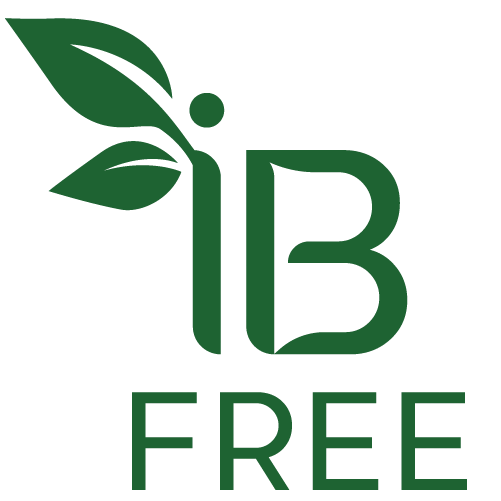Breathing Through the Flare: The Wim Hof Method for IBS Relief
If you live with Irritable Bowel Syndrome (IBS), you know it’s more than just a stomach ache—it’s a daily negotiation with your body. While dietary changes and medications can help, more people are turning to a quieter, more grounded approach: the breath. And among the most talked-about techniques? The Wim Hof Method—a combination of breathing, cold exposure, and meditation that just might help calm your gut.
Why Breath Matters for IBS
Science is increasingly pointing to the gut-brain connection. Anxiety, stress, and emotional tension can wreak havoc on digestion, often making IBS symptoms worse. Breathing exercises and mindfulness can tap into the body’s parasympathetic nervous system—our built-in rest-and-digest mode.
That’s where the Wim Hof Method comes in. It's not just about braving an ice bath—it's about using breath to regulate the nervous system, reduce inflammation, and ease the mental toll of chronic gut issues.
What Is the Wim Hof Method?
Created by Dutch athlete Wim Hof (aka “The Iceman”), this method combines three pillars:
Controlled Breathing: Deep, rhythmic inhalations followed by brief breath holds, channeling the body’s parasympathetic system.
Cold Exposure: Cold showers, ice baths, or outdoor exposure to stimulate circulation and resilience.
Mindfulness: Staying present and focused through the discomfort.
How It Might Help With IBS
1. Reduces Stress and Anxiety
Stress is fuel for IBS flare-ups. The controlled breathing in the Wim Hof Method activates the parasympathetic nervous system, helping reduce cortisol and calm the gut.
2. Improves Gut Circulation and Motility
Better oxygenation through breathwork may enhance digestion and reduce constipation. Cold exposure further improves blood flow, helping the gut process food more efficiently.
3. Decreases Inflammation
Cold exposure triggers a cycle of vasoconstriction and vasodilation, which can reduce chronic inflammation—a known contributor to IBS-D and IBS-M.
4. Boosts Mental Clarity and Emotional Resilience
Living with IBS can be mentally exhausting. Meditation and focused breathing help clear the mind, making it easier to cope with unpredictable symptoms.
How to Get Started
Breathwork:
Sit or lie down.
Take 30 deep breaths (in through the nose, out through the mouth).
After the last exhale, hold your breath for as long as comfortable.
Inhale, hold for 15 seconds, and repeat for three rounds.
Cold Exposure:
Start with 15-30 seconds of cold water at the end of a shower.
Increase exposure gradually as your comfort grows.
Mindfulness:
Dedicate 5-10 minutes daily to focus on your breath.
Use guided meditation apps or simply sit quietly and observe thoughts without judgment.
Stick With It:
Like any practice, consistency matters. Daily, short sessions are better than occasional long ones.
The Takeaway: Breathing Your Way to Better Gut Health
The Wim Hof Method isn’t a magic cure, but it’s a powerful tool in the IBS management toolkit. By harnessing the body’s own systems—breath, temperature regulation, and focus—you can shift from reactive to proactive.
Of course, consult your doctor before starting new routines, especially if you have other health conditions. But for many, the combination of breath and cold offers surprising relief, clarity, and control in a condition often defined by its unpredictability.
